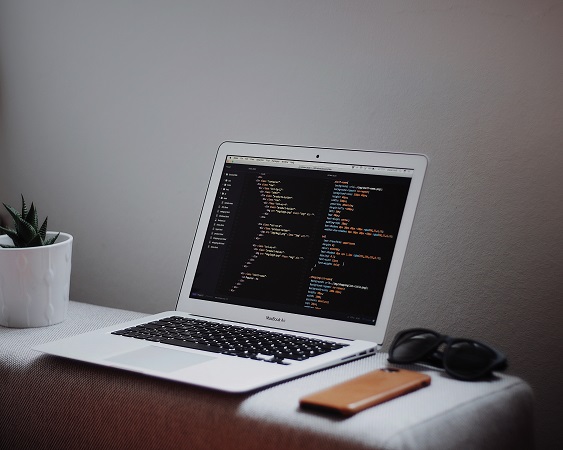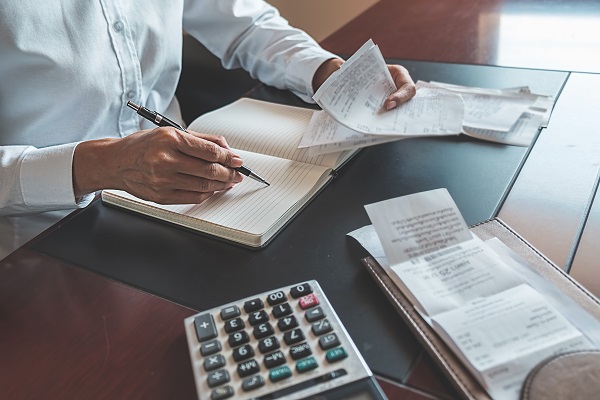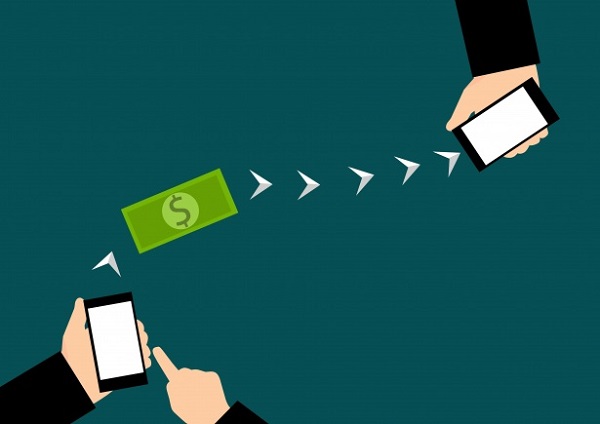The COVID-19 pandemic managed to turn the whole world upside down in a few months. The economy collapsed, and millions of people instantly lost their jobs.
There’s still no vaccine in sight, which means coronavirus might be here for a long time—much longer than we all want it to be. At the moment, there are 1.57 million people infected with the virus in the States only. The total number of infected people is over 5 million. The threat is still here even though governments around the world are trying to relax safety measures.
The experts predict that the economy will enter a recession that might last for years. It’ll probably be the worst one yet. Even the Great Depression won’t come close to what we’re about to experience in the next decade. The worst-case scenario is an L-shaped recovery of the market that might need years before it reaches the level before the pandemic.
In this article, we’ll discuss how to manage your finances during this crisis. Everyone must understand that this is a critical situation. The unemployment rate might become the highest in history, so everyone must be ready. Let’s go into more detail.
1. Make Sure Your Health Insurance Is Always a Priority
So far, insurance companies have been making a lot of money. According to the insurance industry statistics, private health insurance direct written premiums amounted to $867.5 billion in 2017. There are 907 private companies of this kind in the US, and they have all been profitable so far.
With so many people struggling with COVID-19, the insurance companies will most certainly experience completely different scenarios. No one can predict how much these companies will lose exactly, but the number may reach up to $251 billion to cover the COVID-19 medical expenses.
Getting infected means you might need to spend days in intensive care. Having in mind that the virus is very aggressive, you may need to stay in an intensive care unit for weeks. That might cost you up to $100,000, considering all the things required for keeping you alive.
2. Save on Everything Except the Essentials
The situation in the States is critical. People are being laid off because there is no work for them. According to the Bureau of Labour Statistics, the total nonfarm payroll employment dropped by 20.5 million in April 2020. The unemployment rate jumped to 14.7%.
These numbers are important because it’s clear that no one can predict how much the economy will sink as time goes by. Problems with the economy mean additional layoffs.
To ensure that you’ll be able to go through this critical period, you might need to rely mostly on cash. Since there will be no income, life savings might be the only solution. In other words, start saving and cut all unnecessary expenses.
Cancel all subscriptions that are not necessary—magazines, websites, kids’ mobile phone plans, gym, and similar. If you’re still working and you can rely on a steady income, make sure that you save as much as you can while spending only on the basics. You never know what might happen next.
Creating an emergency COVID-19 fund is a smart thing to do here. Add money to that fund whenever you can. Everyone in the family must understand that spending is acceptable only when the need arises.
3. Apply for Economic Impact Payment
If you’re eligible for getting the Economic Impact Payment that was created for persons affected by the COVID-19 crisis, make sure you apply for it. The government provides up to $2,400 and an additional $500 for each child under the age of 17.
Depending on your income, you can apply for receiving this money and get through these difficult times. If you are single or married but filing separately and earn less than $75,000 annually, you’ll receive $1,200, plus $500 for each child under 17 years of age. Apply for this financial aid because every dime might be valuable in the months to come until a vaccine is developed and the virus is out of the picture.
4. Reach out to Companies That Provide Bill Payment Assistance
Another excellent opportunity is the option to skip paying for utilities. Across the country, different utility companies are offering their customers to skip paying bills without involving any interest rates.
For example, the Texas electricity providers are offering a relief program for everyone who lost their job due to COVID-19. All bills that were issued after March 26 can be postponed, and the users are under no obligation to pay until July 19 or until PUCT extends the program.
5. Sell If There’s Something to Be Sold
The average number of cars per US household in 2017 was 1.88. That means most families have two cars. During the pandemic, almost everyone’s in quarantine, so no one is going anywhere.
Before the crisis, one of the cars was probably used more often than the other. Nowadays, there’s no need for two vehicles, which means one can be sold. The same goes for many different items in your home that you haven’t used for years. Why keep them on shelves when you can make money off of them.
Put them on Craigslist, or some other platform where people sell different items. This cash might come in handy in a time of crisis. Of course, that doesn’t mean to sell everything that you have. Think of this as a precautionary measure in these trying times and an investment for the future. Keep one car and profit from the other one.
Conclusion
These five points should be helpful for those who still have a job and those who lost it. Jobless people will have a hard time getting back to work while we’re in a recession. The Great Depression that happened almost 100 years ago left millions of people on the street. In 1933, the unemployment rate reached 24.9% following the market crash in 1929. People struggled for years as unemployment rates kept growing.
No expert is brave enough to make a reliable prediction of what will happen in the future. We are undoubtedly entering a recession, but how long it’ll last and how many people will be directly affected by it remain to be seen.
Because of these issues, the smartest thing for every individual today is to save money and try to get out of the crisis without suffering major consequences.
ᐧ
















![15 surprisingly hackable IoT devices in your life [Infographic]](https://crayondata.ai/wp-content/uploads/2019/12/1026-1.jpg)

![7 data-driven ways to optimize your online store for mobile [Infographic]](https://crayondata.ai/wp-content/uploads/2019/11/optimize-1.jpg)
![Top tips and tricks to improving your customer experience [Infographic]](https://crayondata.ai/wp-content/uploads/2019/01/customer-journey-1.jpg)
